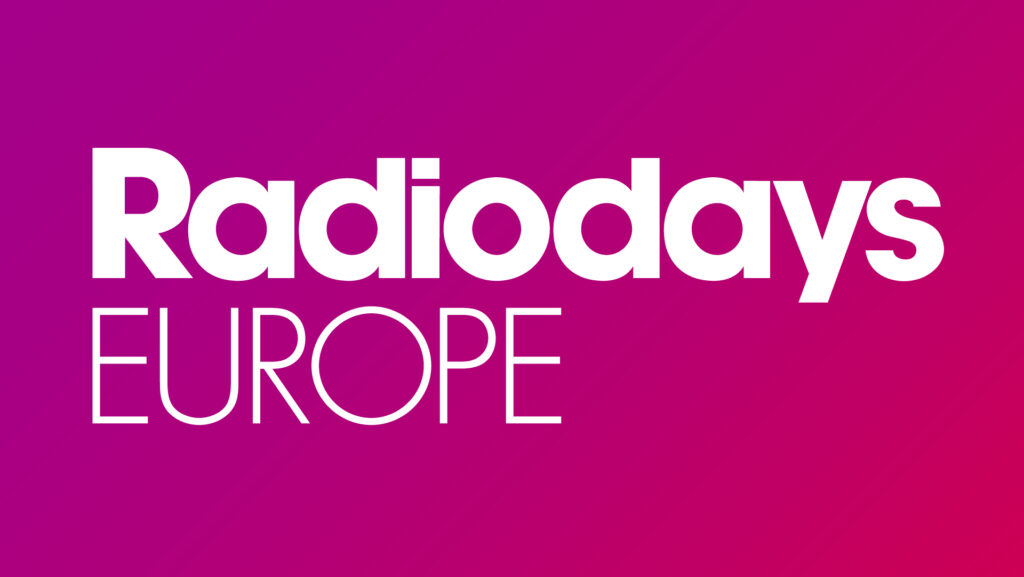Martin Baumgartner (Swissradioworld, Switzerland) kicked things off. Smart speakers have our data, shopping baskets, voice recognition, and companies with endless resources behind them, so why are we still investing in radio?
It’s a rhetorical question, but a good one. “We need to make the product as attractive as possible” Martin said, “it’s our duty to keep this old technology running for as long as possible”
Part of that is reducing cost, and a lot of cost in the radio industry comes from people.
How do you avoid advertising sunblock when it’s raining, or a 4×4 car, with an advert promising it’s great at dealing with snow, when it’s sunny? Programatic advertising is the solution.
Relevant, event based adverts dynamically served to listeners. Using powerful APIs and integrated playout systems, it’s hoped that programatic advertising, Martin says, will replace FM’s currently messy advertising flow.
It will enable advertisers to alter campaigns immediately, based on client data.
The third speaker was Stuart Mays (Global, UK), who said that advertisers want scale and brand safety more than anything.
Mays said that Keith Weed, the Global CMO of Unilever, is threatening to pull advertising from Google and Facebook, saying “we will prioritise investing only in responsible platforms that are committed to creating a positive impact in society.”
Stuart argued that advertisers are losing trust in digital advertising and consumers aren’t that keen on digital advertising either, with 80% “hating” the format. On the other hand, 21 of 33 European countries trust radio the most as an advertising medium.
The world is changing. With programmatic advertising, brands and agencies are buying inventory via an automated process. By using this data efficiently and effectively, radio stations can target audiences with adverts that are relevant to the needs of each specific customer.


